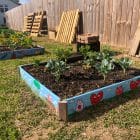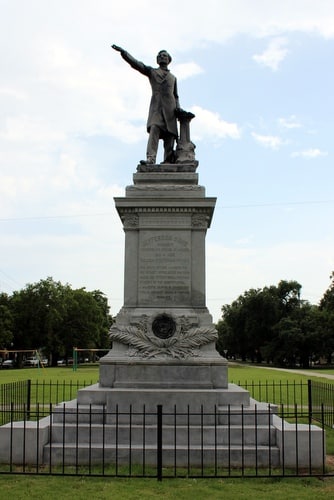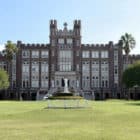Students revitalize community gardens around Broadmoor
|
Broadmoor is coming into full bloom this spring as the Broadmoor Improvement Association and Tulane students lead efforts to revitalize three local community gardens. Two of the gardens – the Food Forest on Toledano Street near Dorgenois Street and another produce patch at the Broadmoor Community Church – will produce fresh herbs and vegetables for the Broadmoor Food Pantry. A rain garden at South Miro and Gen. Taylor streets will help mitigate flooding and beautify the area with native plants like cattails, cypress trees and irises.
The goal of the gardens is simple: “We grow food and we nurture plants to bring people together,” said Dorothy Jelagat Cheruiyot, a professor of ecology and biology at Tulane University. Cheruiyot’s students are working as busily as bees in the Broadmoor gardens each week as part of internships and classes related to urban agroecology, as well as an additional garden at the New Zion Baptist Church in Central City. But the ultimate goal is to recruit neighborhood volunteers so that the lots will truly be sustainable community gardens, with an emphasis on the community.





